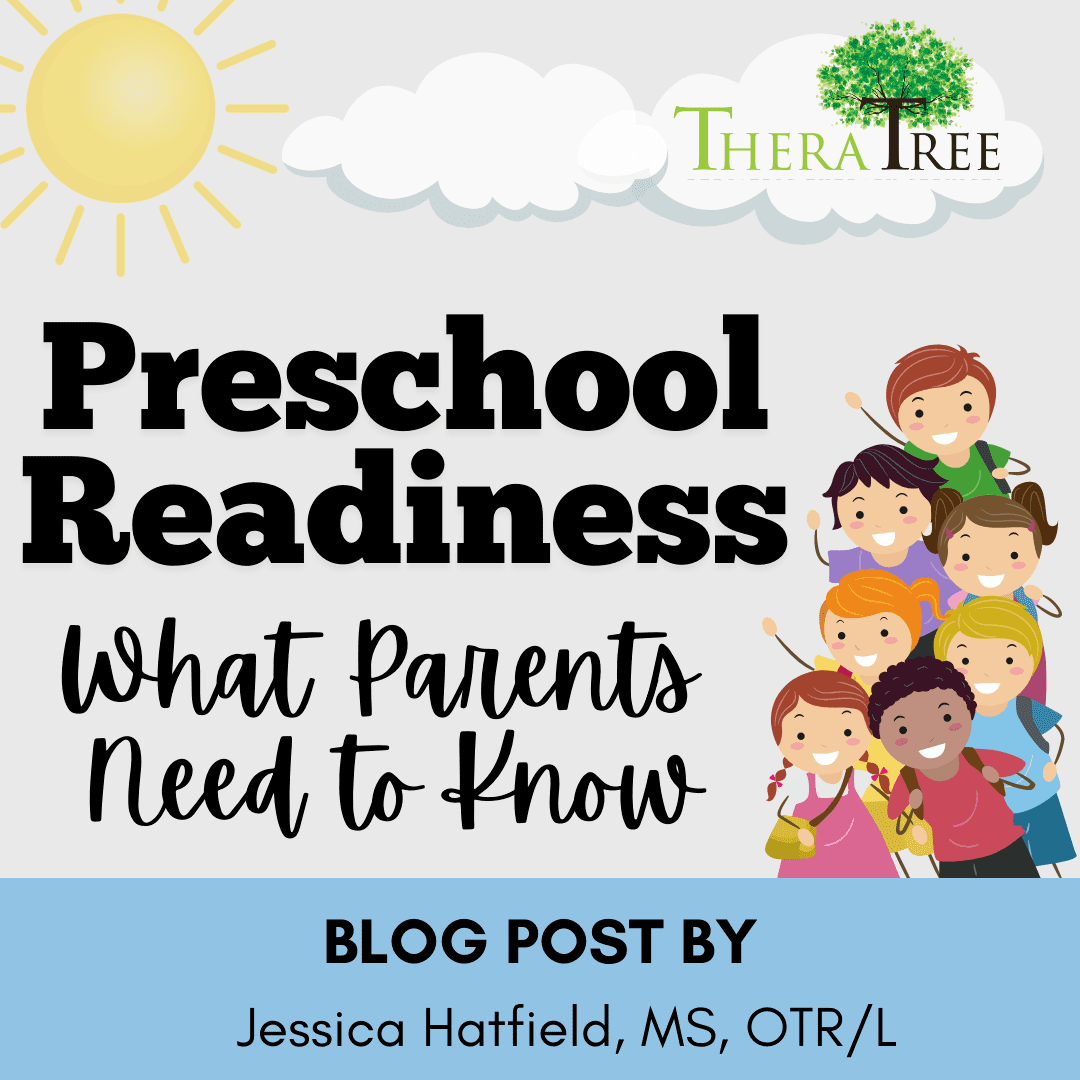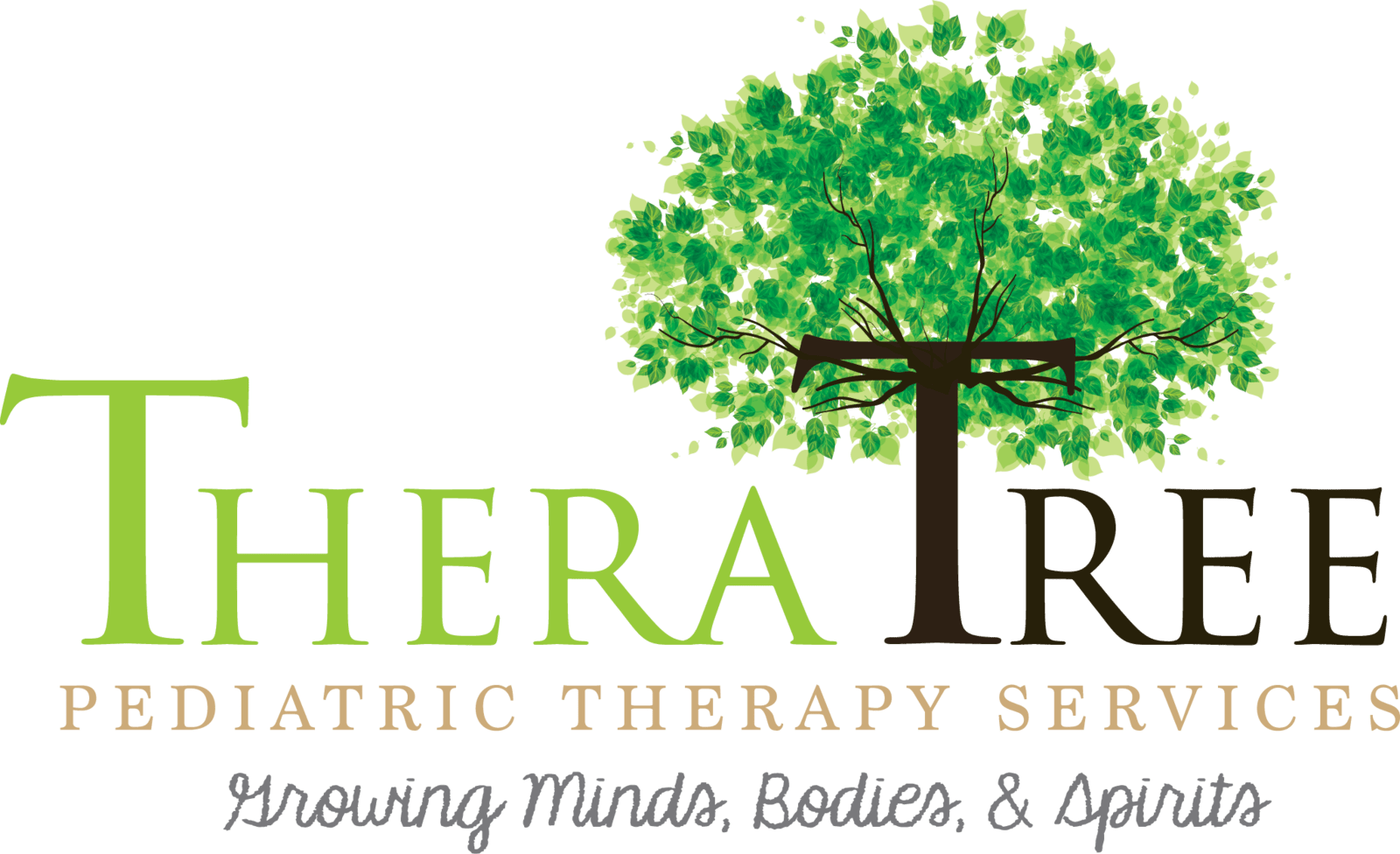
Emotional Development
Separation: Most children who are emotionally mature are eager to go to school and make friends. They can emotional handle being away from you for short periods of time. The unknown of how the first day will go might be the most nerve racking part for parents. While it is normal for a preschool to be a little apprehensive or upset while saying goodbye the first day or even week, when they continue to be upset throughout the day it become a problem. A child who demonstrates fear, anxiety, worry, panic, or meltdowns when separating are clear red flag they need some extra support developing their emotional maturity. How to test this: Practice separation. Start with a short period of time (30 minutes) and work up to longer (4 hours). Drop them off at a trusted neighbor while you take a walk about the neighborhood. Leave them with friends while you run to the grocery store. Leave them with close family outside the household for a sleepover. Try out daycare for a day or two.
Willingness to Try New Things: Most children are curious to learn and explore. While they may (and hopefully do) demonstrate some caution in new situations, it’s typical for them to be willing to try something new. They will attempt new tasks knowing it’s ok to make mistakes. If you child refuses new experiences or even the thought of something cause fear or anxiety, this is a red flag they may need some extra help.
Transitions: They can generally transition between tasks quickly. Most preschools have a structure schedule throughout the day. Children are expected to transition between snack time, circle time, or play centers without much notice or verbal cuing. Similarly, when they have a usual routine, they should be able to anticipate what comes next. While is normal to show some disappointment when it’s time to leave their favorite task, they should be able to move fairly smoothly to the next task. If your child stay stuck on a task or demonstrates moderate upset, they may need some additional help.
Social Skills: Is interested in engaging with peers. Generally children want to make friends. Now, they may not always be great at it, but there should be a desire to connect with others. Look to see if your child will smile, wave, greet others, recognize other’s emotions, take turns, share, follow rules and limits, and cooperates when playing in a group.
Response to Problems: While a 3 year old is clearly not equip to solve problems like an adult, their response can tell you a lot about their emotional maturity. Do they show concern for friends. Will they attempt to use works when they're angry or frustrated or do they first act with physical aggression? Will they attempt to use please, thank you, and excuse me to help prevent problematic situations. Do they attempt to help friends when needed. Is their behavior is easily redirected.
Need help with any of these skills? Ask for an Occupational Therapy and Behavior Therapy Evaluation to improve your child's skills in this area.
Motor Development
Gross Motor: These are big body movements, usually move a child across space.
- Enjoy outdoor play such as: running, jumping, climbing
- Navigate a set of stairs with alternating pattern
- Ride a tricycle
- Bounce a ball
- Kicks a ball
- Throw and catch a ball
- Hops 3-5x on each foot
- Navigate around obstacles in environment
Fine Motor Skills: These are smaller more precise movements, usually done with the hands and fingers.
- Puts together a simple puzzle
- Makes continuous cuts with child-safe scissors
- Cuts a piece of paper in half with scissors
- Draws with a crayon, marker, or pencil
- Hold using their fingers vs their whole fist
- Copies a vertical and horizontal lines and circle
- Traces around the edges of basic shapes
- Interested in writing letters and numbers (although may not be able to form the correctly)
- Stacking and building with blocks
- Holds a book properly and turns pages
- Begins to show if they prefer their right or left hand
Independence Development
Dressing Self: And enjoys doing this!
- Puts shoes on correct feet
- Fastens large buttons
- Attempts to smaller buttoning, zip their coat
- Attempts to tie shoes
- Putting on their own coat and other cold-weather gear
Brushes Own Teeth: May not be 100% accurate, but engages independently
Potty trained: Most preschools do expect children to be potty trained. Independence with toileting is a skill that has a great impact on self esteem. Now, it’s not uncommon for children this age to still need help with washing up or even may have an accident on occasion. However, this may not be a requirement at all pre-schools or if your child has extenuating circumstances.
Self feeding: Be able to feed themself a snack or smile meal. This may be a little messy but food should not everywhere. Attempts to use a napkin to wipe their face and clean up dropped food (even if they’re not accurate)
Independent Play Skills:
- Play on their own without needing interaction or constant redirection from adults.
- Find their way around the space/room.
- Pick an activity from choices in a learning/play center.
- Clean up their toys when asked
- Uses realistic toys in pretend play or to imitate household routines
- Engages in dramatic play with others to act out simple play scripts, such as playing house
Language Development
- Talk in complete sentences
- Talk about everyday experiences
- Begins to use descriptive language such as adjectives for color and size (“That’s a big dog with brown spots”)
- Asks for help
- Tells or retells a story
- Responds to “wh-“ questions (who, what, where, when, why)
- Understand expectations
- Remembers short sequences of events of 2 to 3 steps
- Follows simple 3-step related commands ( ie, get your coat off the hook, put it on and get in line)
- Uses most speech sounds correctly
- Likes to imitate sounds and rhythm; might have a favorite song
- Able to express themselves in a way that an unfamiliar adult can understand
Expressive Language:
Receptive Language:
Speech and Sound Production:
Cognitive Development
Literacy Skills:
- Recognizes first name when written
- Recite the ABC’s
- Able to name capital letters
- Able to name lowercase letters
- Knows letter sounds
- Knows the main characters in familiar stories
- Identifies rhyming words (ie, cat / hat)
- Enjoys reading books with others
Math Skills:
- Knows their colors
- Identifies shapes
- Able to count to 10
- Identifies numbers 1-10
- Recognizes and matches small quantities to the number words 1, 2 and 3
- Shows interests in patterns and sequences
- Match / sort / group /compare items
- by color and shape
- bigger, smaller,
- heavier, lighter
- over, under, above, below, through, front and back
- Understands the order of the day, and begins to use some time words such as "morning" and “night"
- Show an understanding of the passing of time
Science Skills:
- Identifies all the parts of the body
- Draw a picture of himself/herself that includes a head, body, arms and legs?
- Identifies all 5 senses (sight, smell, taste, touch and hearing)
- Asks many questions about how things work
- Shows interests in tinkering with objects by taking things apart and putting them back together
- Considers and offers explanations of how things might work
- Develops object permanence and understands that objects continue to exist even when out of sight
- Understands and explores empty containers and full containers
Next Steps
If you've learned you child needs more help, you're in the right place. At TheraTree we believe in partnering with parents to best help your child. Sometimes parents come in with guilt that they didn't ask for help sooner or they were more persistent with getting a referral. We're committed that no parent should feel like they missed the bus on an opportunity to help their child. When parents come in for an evaluation or one of our free screenings, it's always perfecting time because you're getting the help right now in the present moment. If you have any concerns about your child's developmental don't hesitate to ask for help!
